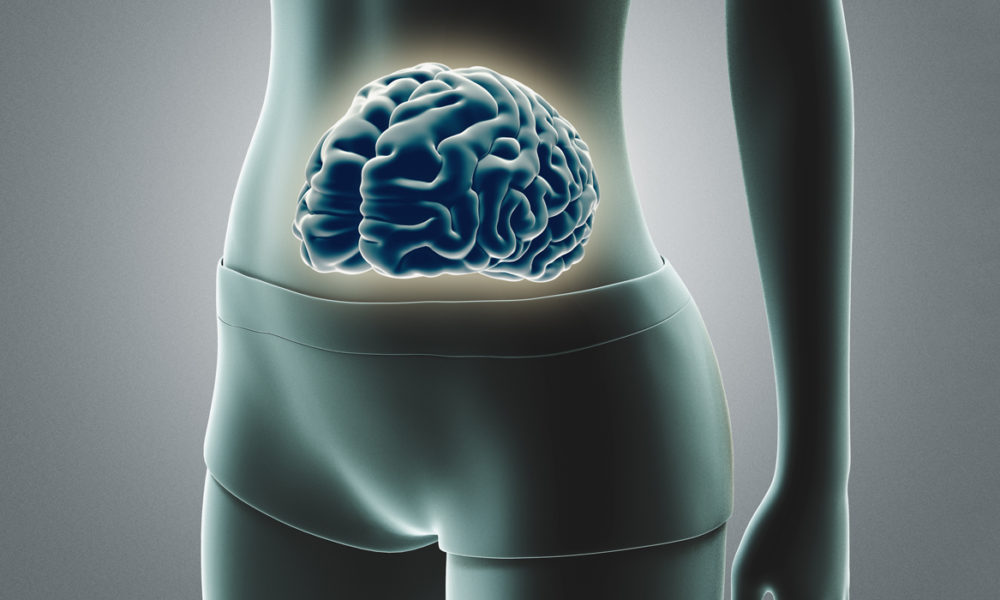In recent years, scientists have discovered a fascinating and intricate relationship between the gut and the brain. This connection, known as the gut-brain axis, reveals that the health of our gut can significantly impact our mood and overall mental well-being. Understanding this connection is essential for maintaining optimal mental health and improving our quality of life.
The Gut-Brain Axis: Exploring the Connection
The gut-brain axis is a bidirectional communication system between the gastrointestinal (GI) tract and the brain. It involves a complex network of nerves, hormones, and biochemical signaling pathways that allow the gut and the brain to interact and influence each other.
One of the key players in this connection is the gut microbiota, a diverse community of trillions of microorganisms that reside in our digestive system. These microscopic organisms play a crucial role in digestion, nutrient absorption, and immune function. They also produce various neurotransmitters and metabolites that can affect our mood and emotions.
The Role of Gut Health in Mood Regulation

Research has shown that a healthy gut microbiome is linked to improved mental health outcomes, while an imbalance or disruption in gut bacteria can contribute to mood disorders such as anxiety and depression. This suggests that the composition and diversity of gut microbiota play a vital role in regulating our mood.
When the gut microbiome is imbalanced, harmful bacteria can produce toxins that can enter the bloodstream and trigger inflammation. This chronic low-grade inflammation can negatively affect the brain and lead to symptoms of anxiety and depression. Additionally, the gut microbiota produces neurotransmitters like serotonin, dopamine, and GABA, which are crucial for mood regulation.
Ways to Improve Gut Health and Enhance Mood

Fortunately, there are several steps we can take to improve gut health and promote a positive mood:
- Eating a Healthy Diet: Consuming a balanced diet rich in fruits, vegetables, whole grains, and probiotic-rich foods like yogurt and fermented vegetables can promote the growth of beneficial gut bacteria.
- Reducing Stress: Chronic stress can disrupt the gut-brain axis. Engaging in stress-reducing activities such as yoga, meditation, or spending time in nature can help maintain a healthy gut and improve mood.
- Regular Exercise: Physical activity has been shown to positively influence gut health and promote the diversity of gut microbiota.
- Taking Probiotics: Probiotic supplements can help restore the balance of gut bacteria and improve mood. However, it is essential to choose the right probiotic strains for specific conditions.
By implementing these lifestyle changes, we can positively impact our gut health and enhance our overall mood and mental well-being.
The gut-brain connection is a fascinating area of research that highlights the significant influence of gut health on our mood and mental health. By prioritizing a healthy gut through proper nutrition, stress reduction, exercise, and probiotic supplementation, we can optimize our gut-brain axis and experience improved emotional well-being. Taking care of our gut is not only essential for digestive health but also for fostering a positive and balanced state of mind.




